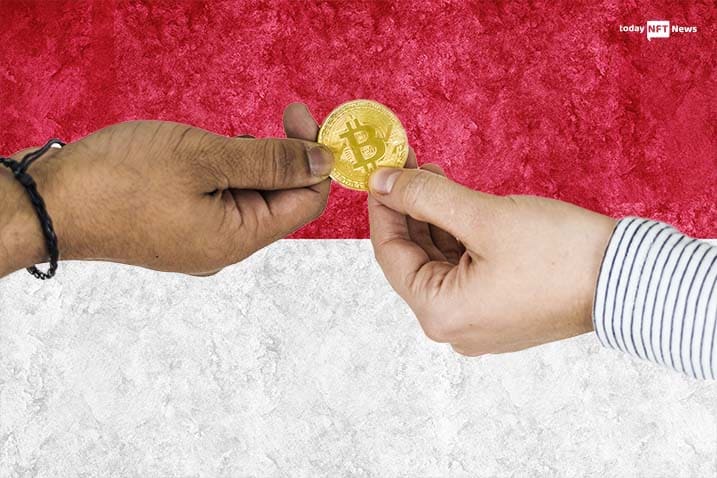SNEAK PEEK
- The biggest tech business in Indonesia, GoTo, just acquired PT Kripto Maksima Koin, a local cryptocurrency exchange.
- PT Kripto Maksima Koin is one of the 25 cryptocurrency exchanges that Indonesia’s Commodity Futures Trading Regulatory Agency has been permitted to operate.
- With a growth of more than 1,000% from 2020 to 2021, the total value of transactions involving crypto assets in Indonesia reached 859.4 trillion rupiahs in 2021.
In an effort to diversify its offerings, GoTo, the largest tech company in Indonesia, purchased a local cryptocurrency exchange, PT Kripto Maksima Koin, and joined the cryptocurrency market.
GoTo announced in a statement to the stock exchange regulator on Monday that it had purchased all of PT Kripto Maksima Koin’s shares for 124.84 billion rupiah ($8.38 million).
GoTo declined to provide any particular intentions for the future of PT Kripto Maksima Koin, but in a formal statement, its executives described the transaction as a component of their efforts to create “a varied money management hub.”
One of the 25 cryptocurrency exchanges granted a license by Indonesia’s Commodity Futures Trading Regulatory Agency is PT Kripto Maksima Koin (BAPPEBTI). On January 28, 2022, it only recently obtained the license.
GoTo, which was created by the merger of a top local e-commerce company with an on-demand multi-service platform, raised $1.1 billion in its initial public offering (IPO) earlier this year.
In 2021, the total value of transactions involving crypto assets in Indonesia increased by more than 1,000% compared to 2020, reaching 859.4 trillion rupiahs ($57.7 billion), according to statistics from Reuters. A little under 11 million people, or about 4% of the population, have been investing in cryptocurrencies.
The number of celebrity currencies and nonfungible token (NFT) initiatives in the nation has increased recently, prompting regulators to step in, albeit sparingly. BAPPEBTI has often cautioned the public about the dangers of investing in digital assets that are not registered, but it has also avoided heavy penalties by engaging even unregistered suppliers in a discussion.



